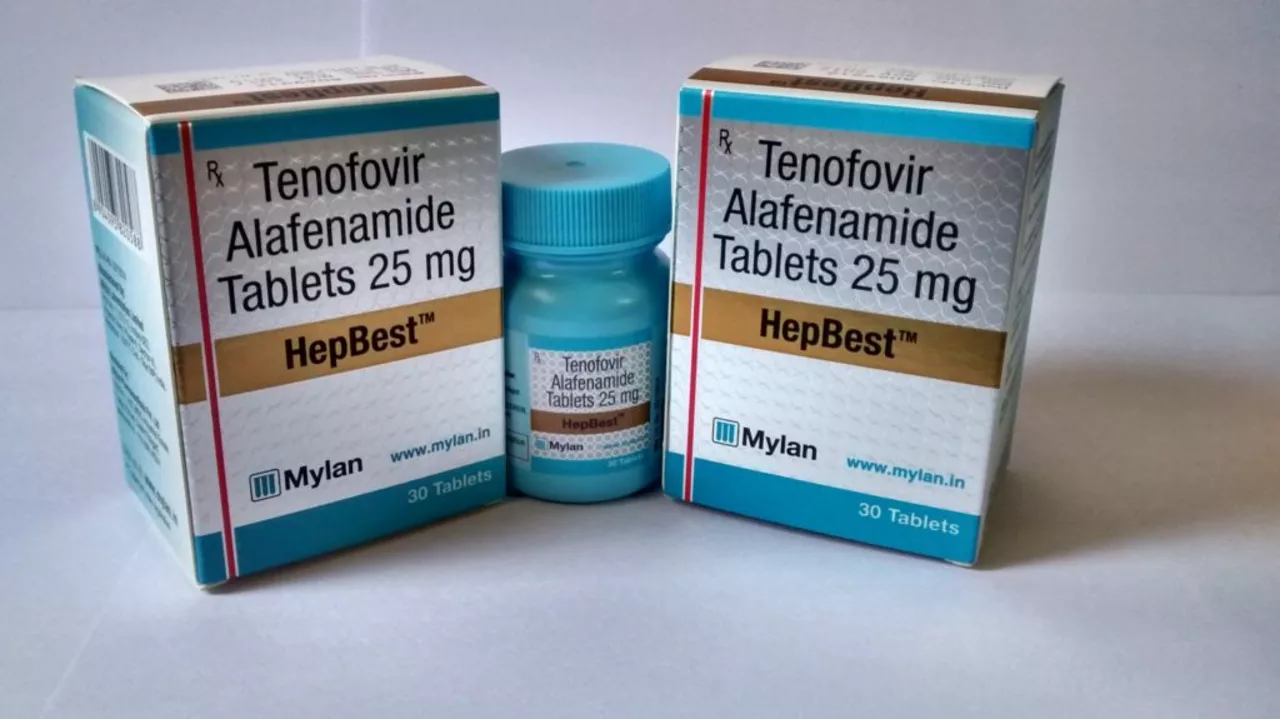Alcohol — What to know about risks, treatments, and drug interactions
Alcohol affects your body and any medicine you take. If you drink regularly or are trying to cut down, there are safe options and real risks you should know. This page gathers practical, straightforward guidance so you can make better choices and talk with your doctor.
Treatment options that actually help
If you want to stop or reduce drinking, medication can be part of the plan. Disulfiram (Antabuse) causes unpleasant reactions if you drink while on it — some people use it as a deterrent. More commonly recommended now are naltrexone and acamprosate. Naltrexone reduces cravings and the rewarding feeling from alcohol. Acamprosate helps with long-term abstinence by easing withdrawal-related discomfort. Both need a doctor’s prescription and monitoring.
There are other options too. Some doctors use topiramate or gabapentin off-label to ease drinking or withdrawal symptoms. Counseling, cognitive behavioral therapy, and support groups (like AA or SMART Recovery) improve outcomes when paired with meds. If you’re thinking about medication, ask a clinician about benefits, side effects, and which treatment fits your goals.
Withdrawal and when to get medical help
If you’ve been drinking heavily for a long time, stopping suddenly can be dangerous. Withdrawal can include anxiety, tremors, sweating, and in severe cases seizures or delirium tremens. Don’t try to quit cold turkey alone if you drink a lot daily. See a doctor or go to a supervised detox — it’s safer and lower risk.
For mild-to-moderate dependence, doctors often combine medication with counseling. For severe dependence, inpatient care or medically supervised detox may be necessary. A professional can prescribe medications to manage withdrawal and reduce cravings safely.
Be careful about mixing alcohol with other drugs. Alcohol plus benzodiazepines (like lorazepam/Ativan) or opioids can dangerously depress breathing. Mixing alcohol with acetaminophen raises the risk of liver damage. Metronidazole (Flagyl) and some antibiotics can cause a disulfiram-like reaction — nausea, flushing, fast heartbeat — if you drink. Always tell your doctor and pharmacist how much you drink so they can avoid risky combinations.
If you have liver disease, certain medications for alcohol dependence may not be safe. Tests and regular follow-up matter. Pregnant people should avoid alcohol entirely and discuss safe treatment options with their clinician.
Practical next steps: be honest with your healthcare provider about drinking, ask about naltrexone or acamprosate if you want to stop, don’t quit heavy drinking alone, and get help immediately if you have severe withdrawal signs. Small changes—like setting limits, tracking drinks, and swapping drinking times for other activities—help too when combined with medical care.
Want more specific reading? We cover modern Antabuse alternatives, safety tips for medications, and how alcohol interacts with popular drugs across our articles. Use those guides to ask targeted questions at your next appointment.

